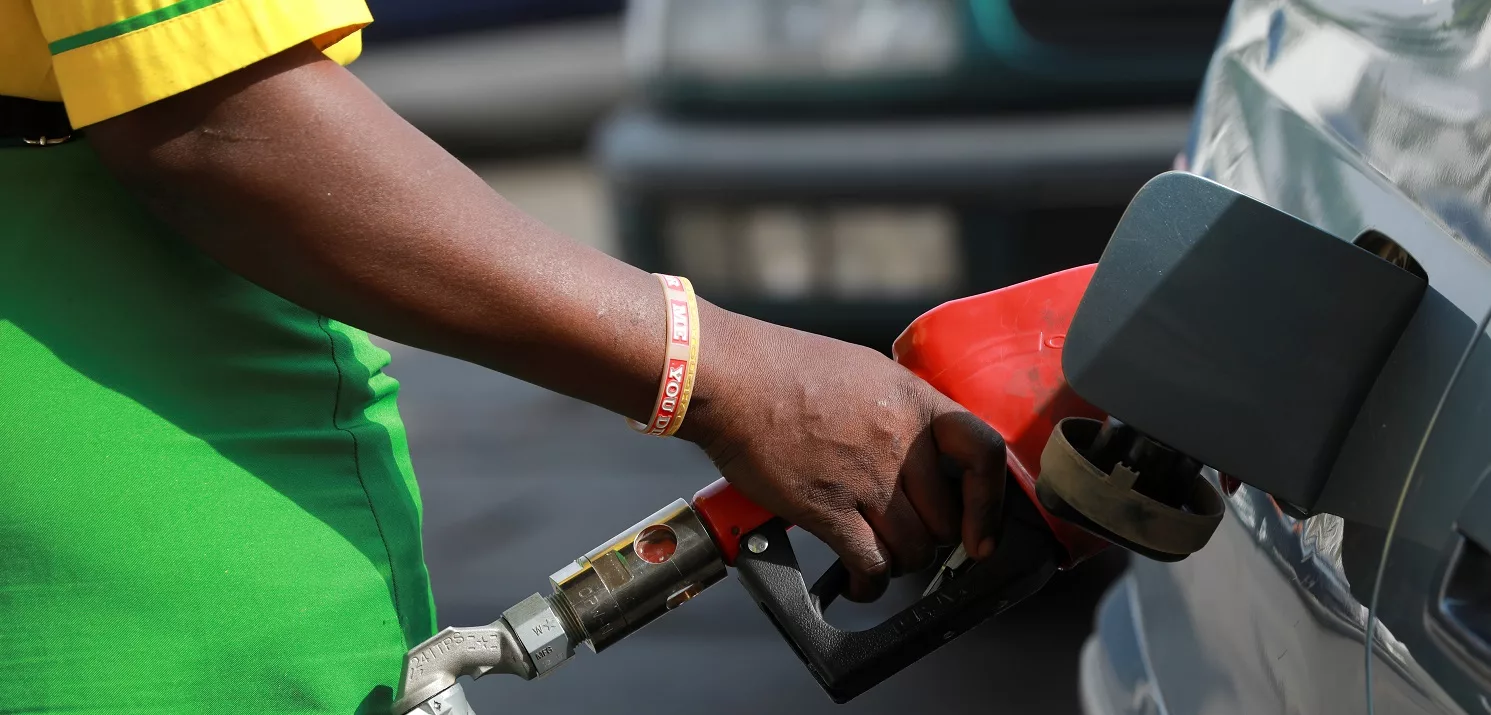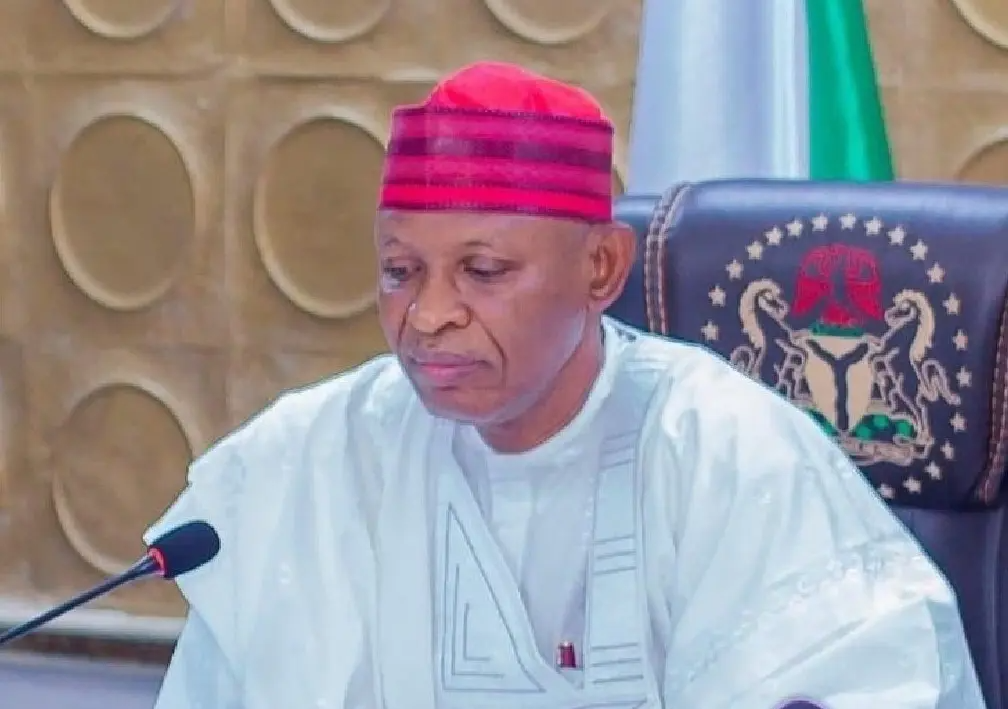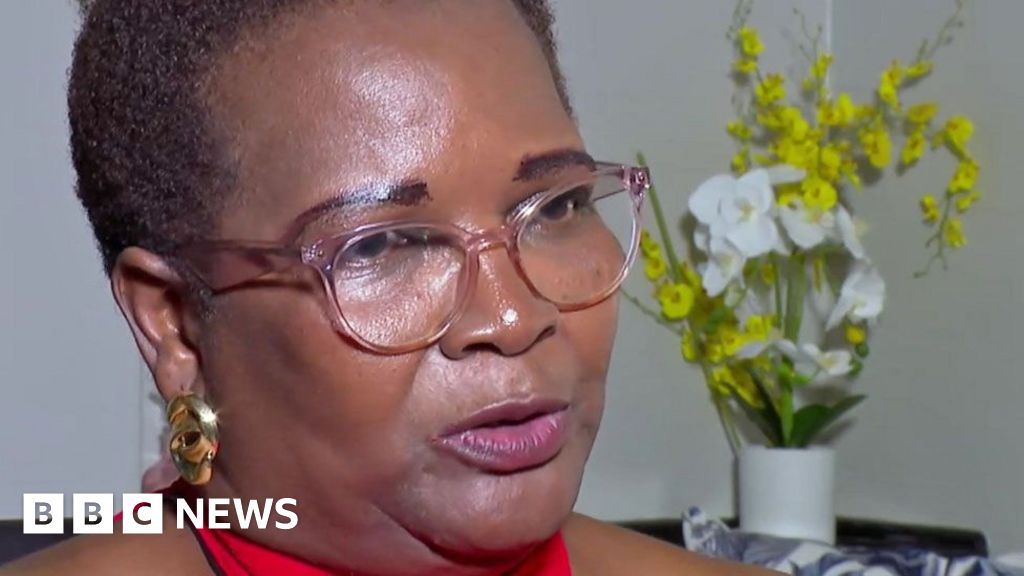In the bid to strengthen public confidence in the news media, the Nigerian press, in April 2023, inaugurated a nine-member board of the National Media Complaints Commission (NMCC), otherwise known as the National Ombudsman.
The Ombudsman was a major step by the industry to strengthen public confidence in the media through a prompt resolution of issues bordering on ethical and professional breaches in media content.
The commission serves as an independent forum for resolving complaints about the press quickly, fairly, and free of charge, maintaining high standards of Nigerian journalism and journalistic ethics, and defending the freedom of the press and the rights of the people to know.
On Wednesday, the Ombudsman got its most challenging job yet when the Nigerian government formally wrote to the commission to complain about a Daily Trust report on the Samoa Agreement.
“We have made a complaint to the Ombudsman to look at the report and we have sighted examples of where Daily Trust have got it wrong,” the Minister of Information, Mohammed Idris, said, adding that the government wants “Daily Trust to come clean and also mention or apologise to the nation and the government.”
![Daily Trust]](https://i0.wp.com/media.premiumtimesng.com/wp-content/files/2020/08/Daily-Trust-Building.jpg?resize=600%2C338&ssl=1) Daily Trust Building [PHOTO CREDIT: Daily Trust]
Daily Trust Building [PHOTO CREDIT: Daily Trust]
“There is no harm in saying you are wrong in this one, we apologise and we’ll get it right, but we don’t expect that we will just sit down and keep quiet when the government feels that what a particular newspaper has written is not in the best interest of the country and it is not correct, it is misinformation and therefore action needs to be taken, and the action we have taken is that as we speak now complained with the Ombudsman,” Mr Idris said.
The government said it expects the industry’s Ombudsman to look at the complaint dispassionately.
Nigerians need credible journalism. Help us report it.
PREMIUM TIMES delivers fact-based journalism for Nigerians, by Nigerians — and our community of supporters, the readers who donate, make our work possible. Help us bring you and millions of others in-depth, meticulously researched news and information.
It’s essential to acknowledge that news production incurs expenses, and we take pride in never placing our stories behind a prohibitive paywall.
Will you support our newsroom with a modest donation to help maintain our commitment to free, accessible news?
How does the Ombudsman work
The media ombudsman was established to handle ethical complaints against Nigerian journalists and media organisations.
It involves receiving complaints of an alleged ethical breach from any member of the public, serving such notice to the media where there is merit in it, and inviting a response, said Lanre Idowu, a member of the Ombudsman.
After a thorough and fair review of a complaint, the Ombudsman will arrive at a decision that media outlets are expected to respect.
Mr Idowu, who spoke at a convention of the Nigerian Guild of Editors, said if the Ombudsman upholds the complaint, the publication concerned will be obliged to publish the decision in full and with reasonable prominence within seven days of the ruling being delivered to it.
All Newspaper Proprietors’ Association of Nigeria (NPAN) members are obliged to publish an abstract of the ruling produced by the Ombudsman no later than 14 days after the ruling is delivered to the publication.
Mr Idowu explained that where the Ombudsman determines that a particular ruling affects the fundamental rights of the parties involved or is of grave importance to journalism practice and/or the publishing industry, then the ruling shall be published by the publication involved and all members of NPAN within seven days of the ruling.
This provision is necessary to ensure that only very important cases are published in full.
Members of the Ombudsman
Members of the commission are drawn from the media, the bar, the academia, and civil society organisations.
The nine-member committee is chaired by Emeka Izeze, former Managing Director of the Guardian Newspapers.
Others include A. B Mahmoud, a Senior Advocate of Nigeria and former president of the Nigerian Bar Association; Chinyere Okunna, professor and deputy vice-chancellor (academics), Paul University, Awka, Anambra State; Hussain Abdu, a Development Specialist and Country Director, Care International (Nigeria); Lanre Idowu, editor-in-chief, Diamond Publications Ltd. and Founder, Diamond Awards For Media Excellence (DAME); Edetaen Ojo, executive director, Media Rights Agenda (MRA); Dupe Ajayi-Gbadebo, journalist, lawyer and arbitrator; and Eugenia Abu, broadcaster, author, and columnist.
ALSO READ: Samoa Agreement: Coalition lauds Nigerian govt for reporting Daily Trust to Ombudsman
The commission was set up by the Nigeria Press Organisation (NPO), an organisation that comprises the Newspaper Proprietors’ Association of Nigeria (NPAN), the Nigerian Guild of Editors (NGE), the Nigeria Union of Journalists (NUJ), the Broadcasting Organisation of Nigeria (BON), and the Guild of Corporate Online Publishers (GOCOP), along with other strategic media players and the civil society, in particular the MacArthur Foundation.
Before the 22 February 2023 announcement of the commission’s composition, each media house had been directed to institute the local Ombudsman at the newspaper level.
The National Ombudsman will serve as an appellate body for the local Ombudsman as well as a court of first instance.
Experts commend government’s action
Media advocates in Nigeria have commended the federal government’s decision to file a complaint to the Ombudsman.
Lanre Arogundade, the executive director of the International Press Centre (IPC), said he expects the Ombudsman to examine the issues dispassionately and make recommendations that the concerned media should follow if they think they erred.
“It is a welcome development in any case,” Mr Arogundade told PREMIUM TIMES. “These measures are far better than arbitrary arrest. Public officials and state institutions should not be seen taking laws into their own hands when media organisations erred.”
“I will expect that the Ombudsman could prevail on any erring media organisation and decisions of the Ombudsman should be respected because the commission is an initiative of the umbrella of media organisations, the National Press Organisation (NPO),” Mr Arogundade said.
The Coalition for Whistleblowers Protection and Press Freedom (CWPPF) also commended the federal government’s decision.
“The decision of the federal government signifies a step in entrenching the vision of the coalition of a freer and safer environment for journalists to operate,” the coalition of 28 organisations said.
It urged the private and public sector leaders to take advantage of the NMCC to report grievances against journalists and media organisations rather than resorting to using security agencies to attack the press.
“We equally urge the NMCC to adhere to its mandate of conducting thorough investigations into all complaints received and ensuring appropriate disciplinary measures for any journalist or media organisation that errs,” the statement read.
Support PREMIUM TIMES' journalism of integrity and credibility
At Premium Times, we firmly believe in the importance of high-quality journalism. Recognizing that not everyone can afford costly news subscriptions, we are dedicated to delivering meticulously researched, fact-checked news that remains freely accessible to all.
Whether you turn to Premium Times for daily updates, in-depth investigations into pressing national issues, or entertaining trending stories, we value your readership.
It’s essential to acknowledge that news production incurs expenses, and we take pride in never placing our stories behind a prohibitive paywall.
Would you consider supporting us with a modest contribution on a monthly basis to help maintain our commitment to free, accessible news?
TEXT AD: Call Willie - +2348098788999

















 English (US) ·
English (US) ·